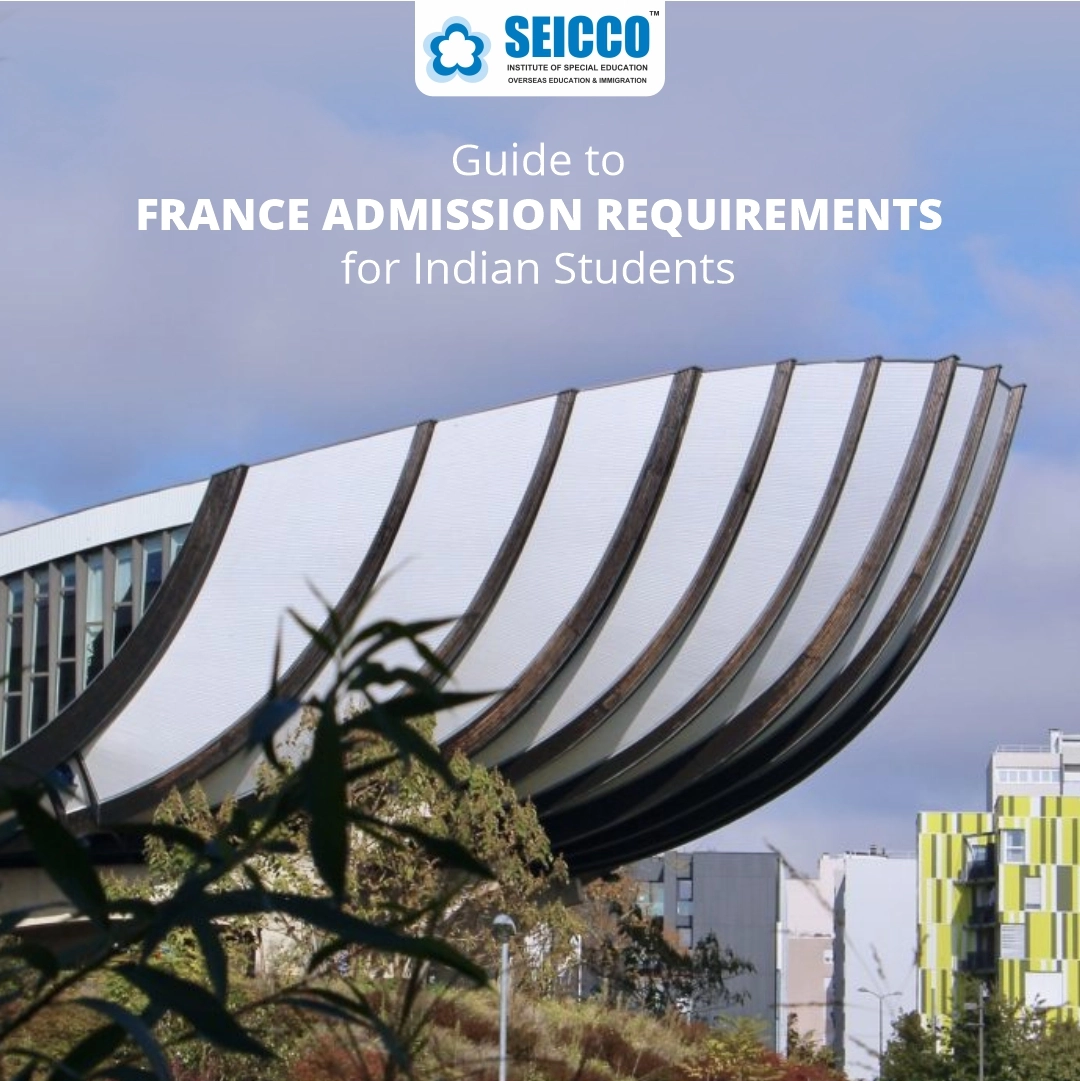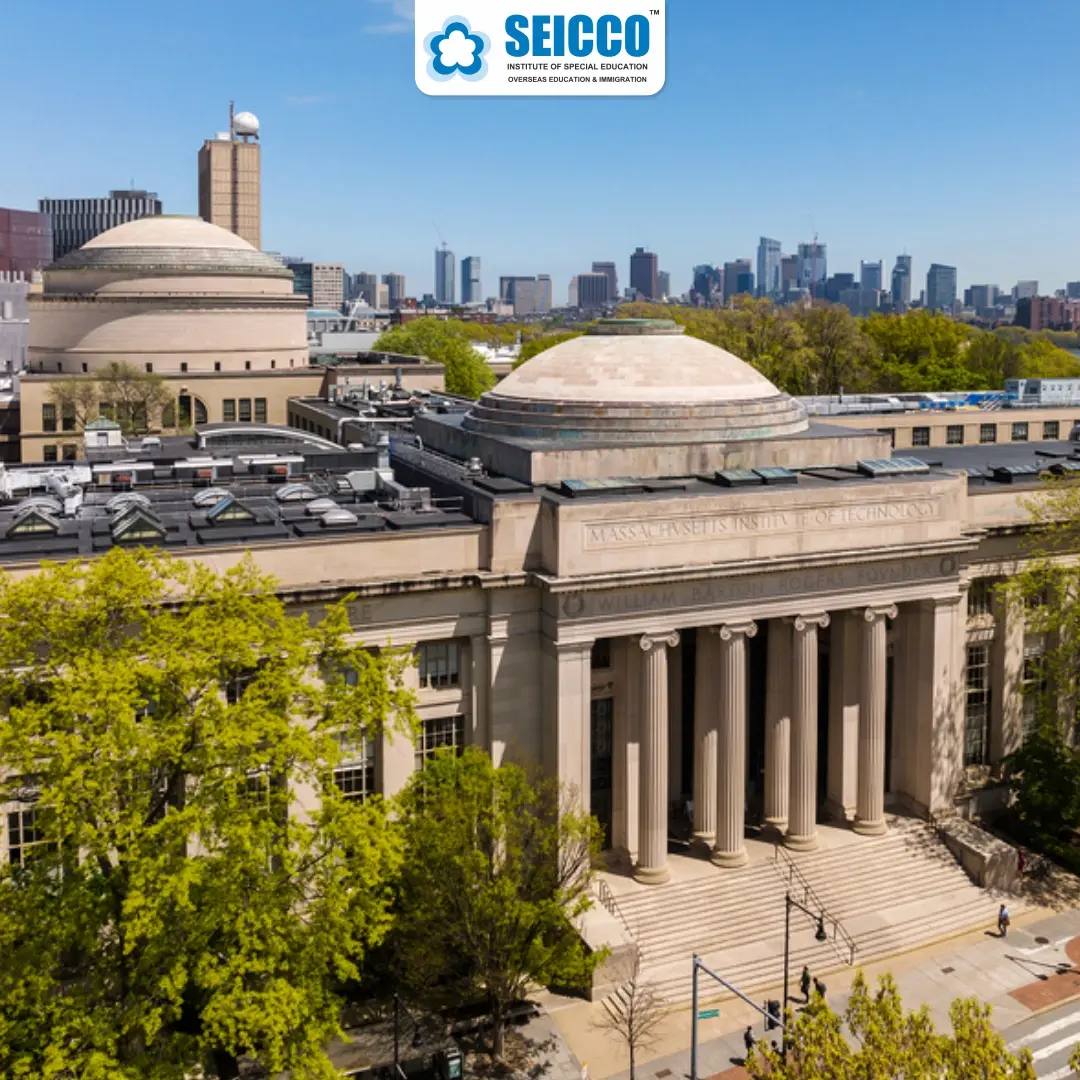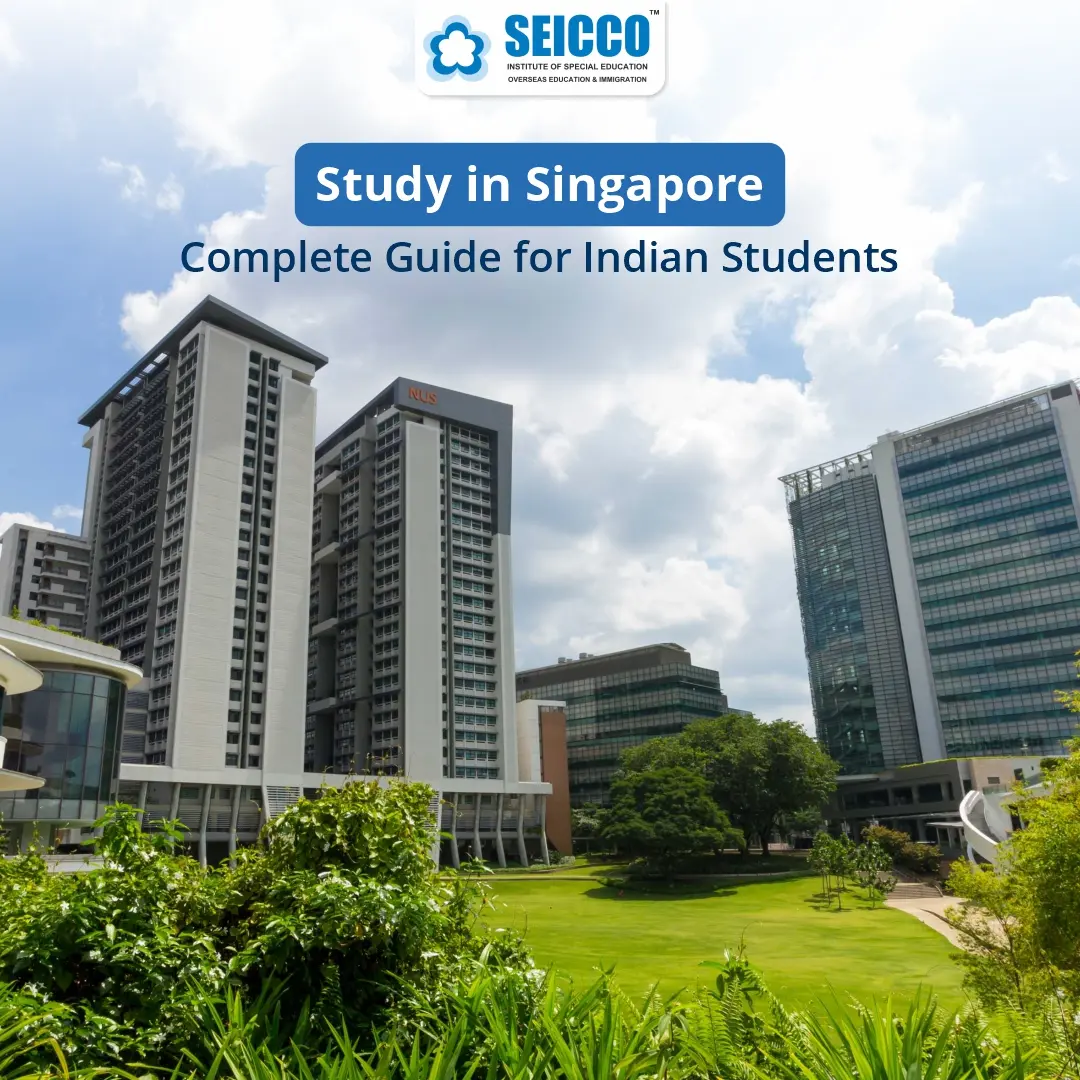France—home to the Eiffel Tower, haute couture, and Michelin stars—is also one of the most progressive and intellectually rich countries in the world. But for Indian students, it’s much more than a postcard destination. It’s a country with a millennia-old cultural heritage, a modern education system that fosters critical thinking, and some of the world’s most affordable and globally respected degrees.
In recent years, France has emerged as a top European destination for Indian students, especially those pursuing business, arts, fashion, engineering, political science, and culinary studies. This guide will take you through France’s historical foundation, how it informs its modern education system, and the step-by-step admission process for Indian candidates.
1. Why France? A Civilization Built for Culture and Innovation
France’s cultural, intellectual, and political traditions are rooted in ancient Europe and the Latin tradition. From the Gauls and Romans, to Charlemagne’s Carolingian Empire, France developed as a key center of art, philosophy, and education.
By the time of the Enlightenment (18th century), French thinkers like Voltaire, Rousseau, and Descartes had redefined modern democracy, logic, and literature. Their influence shaped not only Europe, but the very foundations of modern education globally.
In the 20th and 21st centuries, France became a leader in:
- Engineering (home to grandes écoles like École Polytechnique),
- Fashion and Luxury Management (Paris is the fashion capital of the world),
- Art, Film & Design (École des Beaux-Arts, La Fémis),
- Business Education (INSEAD, HEC Paris ranked among the world’s best).
Today, over 10,000 Indian students are studying in France—a tenfold increase in the last decade (Source: Campus France India, 2024).
2. What Makes France’s Education System Unique?
- Globally Recognized Degrees: French degrees are aligned with the European Higher Education Area (EHEA), based on the LMD system:
- Licence (Bachelor’s, 3 years)
- Master (2 years)
- Doctorate (3+ years)
- Licence (Bachelor’s, 3 years)
- Affordable Tuition: Public university fees are subsidized by the French government:
- Bachelor’s: €2,770/year (~₹2.5 lakh)
- Master’s: €3,770/year (~₹3.4 lakh)
- Compared to ₹15–25 lakh/year for equivalent courses in the UK or US.
- Bachelor’s: €2,770/year (~₹2.5 lakh)
- Multilingual Advantage: Many programs are offered in English, but learning French (even B1 level) enhances career prospects, scholarships, and social integration.
- Industry Partnerships: Internships are often embedded in coursework, especially in engineering and business schools.
3. Most Popular Fields for Indian Students in France
| Discipline | Top Institutions | Language | Highlights |
| Engineering | INSA Lyon, CentraleSupélec | English/French | Strong research & industry linkages |
| Business & Management | HEC Paris, ESCP, SKEMA | English | Triple-accredited schools (AACSB, AMBA, EQUIS) |
| Fashion & Luxury | IFM, IFA Paris, ESMOD | English | Global internships, Paris advantage |
| Hospitality & Culinary Arts | Le Cordon Bleu, Vatel | English | Strong job placement |
| Humanities & Political Science | Sciences Po, Sorbonne | English/French | Strong liberal arts and diplomacy focus |
4. Admission Requirements for Indian Students
A. Academic Requirements
- Undergraduate (Licence):
- Completed Class 12 with minimum 70% (CBSE/ICSE/State Boards)
- Optional: French language certification (DELF A2/B1)
- Completed Class 12 with minimum 70% (CBSE/ICSE/State Boards)
- Postgraduate (Master’s):
- A relevant Bachelor’s degree from a recognized Indian university
- Minimum GPA: 7.0 or 65%+
- GRE/GMAT may be required for top B-schools
- A relevant Bachelor’s degree from a recognized Indian university
- PhD:
- Master’s degree
- Strong research proposal and academic CV
- Supervisor confirmation from French institution
- Master’s degree
B. Language Requirements
- English-taught programs:
- IELTS 6.0–6.5 or TOEFL iBT 79–90
- IELTS 6.0–6.5 or TOEFL iBT 79–90
- French-taught programs:
- DELF B1/B2 or TCF score as required by institution
- Alliance Française centers in India offer French prep
- DELF B1/B2 or TCF score as required by institution
C. Application Process
- Shortlist Courses
Visit Campus France India or university websites - Prepare Documents
- Passport copy
- CV & SOP
- Mark sheets & degree certificates
- LORs
- Language test results
- Passport copy
- Register on Études en France portal
Required for Indian applicants. This is managed by the French embassy. - Attend Academic Interview
Conducted by Campus France before visa process. - Apply to Universities
Either directly or through the Études en France platform. - Receive Offer Letter
Usually within 6–10 weeks. - Apply for Student Visa (VLS-TS)
Valid for 1 year, renewable in France.
5. Student Visa Requirements (VLS-TS)
- Offer letter from a French university
- Proof of funds: approx. €7,380/year (~₹6.6 lakh) in bank account
- Proof of accommodation in France
- Health insurance (minimum €30,000 coverage)
- Campus France No Objection Certificate (NOC)
Tip: France offers a 2-year post-study work visa for Master’s graduates.
6. Scholarships for Indian Students
France is surprisingly generous when it comes to scholarships:
Popular Scholarships:
- Eiffel Excellence Scholarship: €1,181/month (~₹66,000) for Master’s
- Charpak Scholarship (by French Embassy):
- Tuition fee waiver
- Living stipend
- Visa fee waiver
- Tuition fee waiver
- Emile-Boutmy (Sciences Po)
- Université Paris-Saclay Master’s Scholarships
Many French institutions also offer merit-based fee waivers of up to 50–100%.
7. Lifestyle, Safety & Integration
France ranks among the top 10 safest countries in the world (Global Peace Index, 2024). With a strong Indian diaspora, student unions, and festivals like Diwali in Paris, integration is easier than ever.
- Cost of Living: ₹60,000–₹90,000/month in major cities
- Student Discounts: Up to 50% off on transport, food, cinema
- Part-time Work: 964 hours/year (~20 hrs/week) allowed on student visa
- Student Health Insurance: Free or low-cost (if under 28)
8. A Cultural & Career Launchpad
From its centuries-old universities like the Sorbonne to the tech incubators in Lyon and Grenoble, France is both tradition and future. For Indian students, it offers:
- Affordable, high-quality education
- World-class institutions
- Strong employability in Europe
- A deeply enriching lifestyle rooted in intellectual and cultural heritage
Final Thoughts
France is not just a destination—it’s a bridge between timeless tradition and modern opportunity. Whether you dream of joining the ranks of global CEOs, designing the next sustainable city, or innovating in biotech, France has the ecosystem, elegance, and efficiency to make your future thrive.
Start early, explore deeply, and let your French education shape a global future.
FAQs
1. Is it necessary to know French to study in France?
No. Many programs are fully in English. However, basic French helps with daily life and jobs.
2. Are French degrees valid in India?
Yes. All French degrees from recognized institutions are valid and globally recognized.
3. Can I work part-time as a student?
Yes. Students can work up to 964 hours per year (~20 hrs/week) on a valid visa.
4. How much money do I need to show for visa approval?
You need to show €7,380 (~₹6.6 lakh) in your bank account for one year of living expenses.
5. What’s the difference between Campus France and the university application?
Campus France handles Indian applicant interviews and facilitates visas. You still apply to universities separately unless instructed otherwise.







